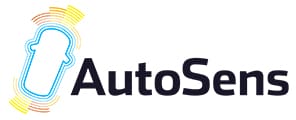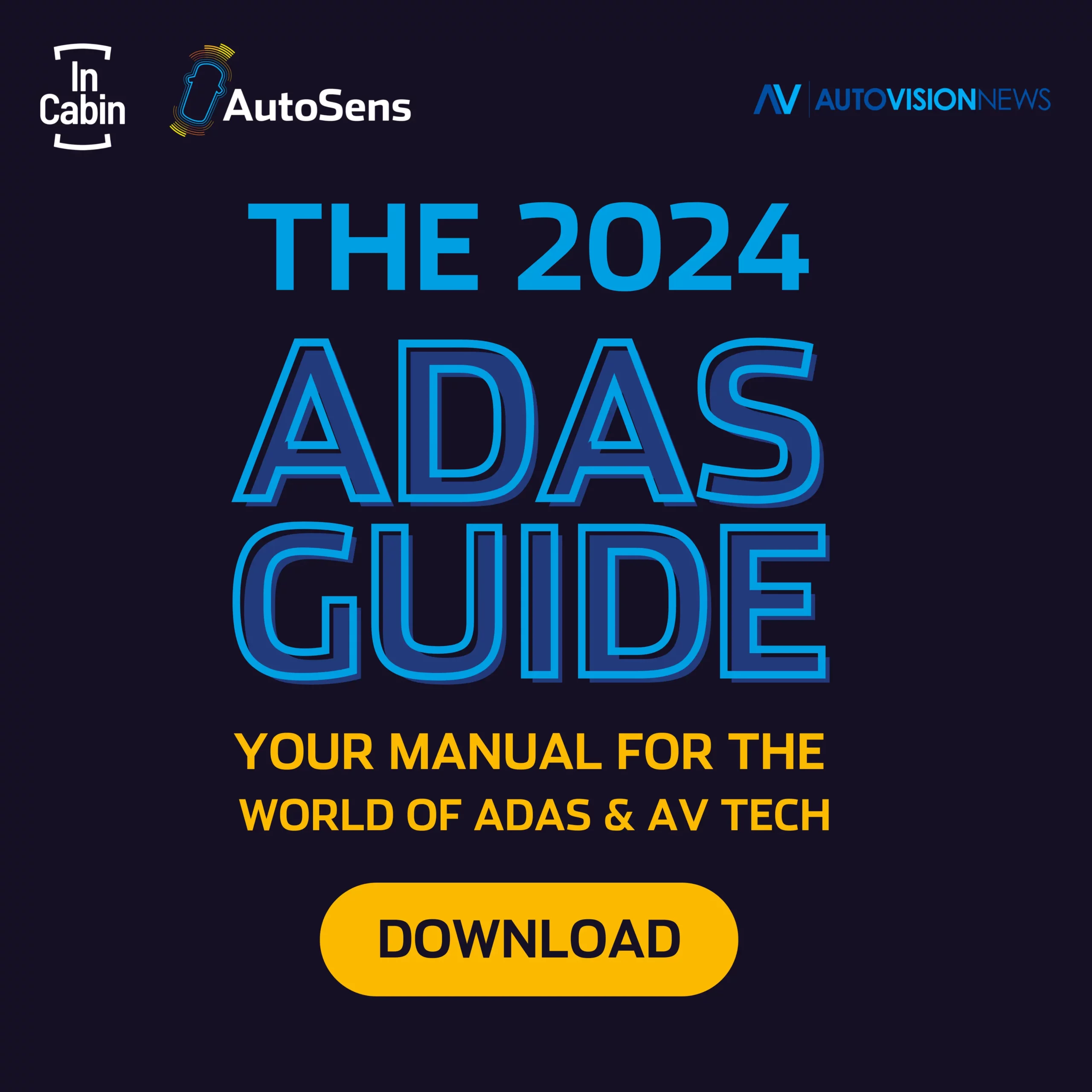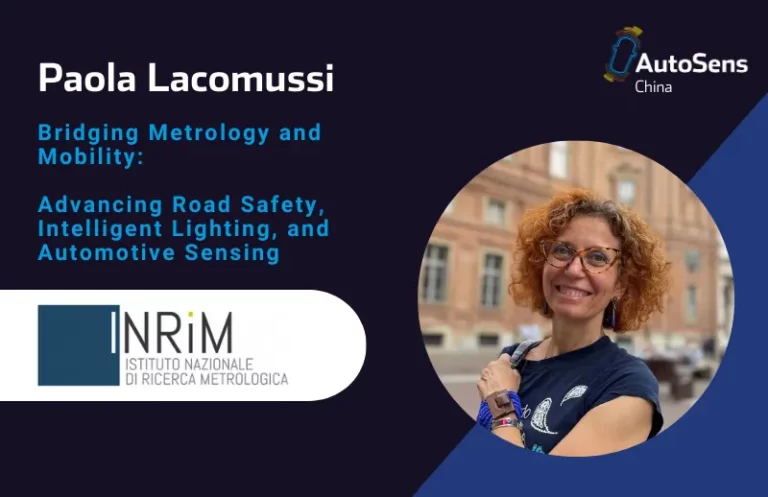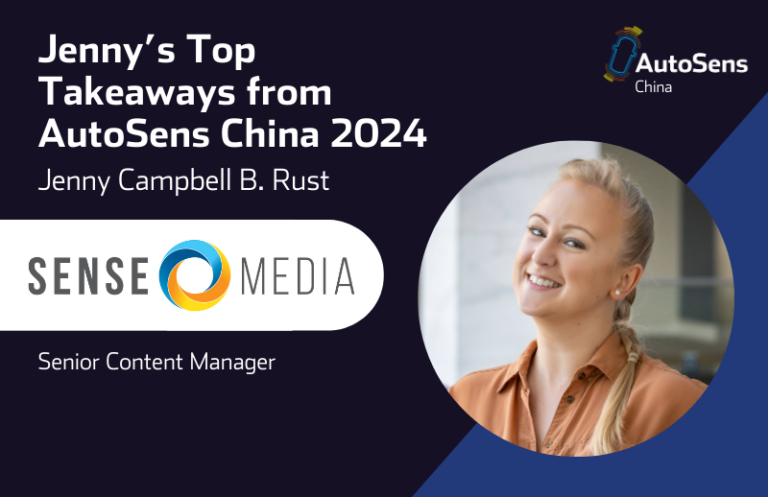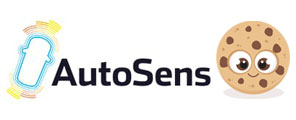
As part of our regular updates from our community, we chatted to Prof. Dr. Alexander Braun, Professor of Physics at Duesseldorf University of Applied Sciences, Germany, who spoke at the inaugural AutoSens in 2016.
How do you feel the industry can help resolve the shortage in skilled people?
On a short term basis I think the possibilities are limited, because a Bachelor / Master / PhD degree simply takes time. Furthermore, new skills need new syllabuses. Changing the syllabus of an existing program takes years, and requires lots of political work – getting colleagues to agree, older course material needs to be replaced, official credentials need to be had.
The ‘nanodegree’ from Udacity is nice, but that still requires someone who already has a degree in a relevant direction.
Nonetheless there are things we can do:
- Active involvement in joint grant applications. Unfortunately, that also takes time, and is very competitive. Fortunately, because the field of automotive optical quality is just now emerging (as a research community) under the pressure of security for autonomous vehicles, there is an enormous middle ground between industry and academia, where academia develops a general framework, applications form part of a company’s strategy. So, on a scale of 2 – 3 years this will be a distinct aid for the industry.
- Now, the quickest way for the industry is direct funding. If speed is currently crucial for you then this is the best way to go. Here at my university it is common for Postgraduate / Masters students to work part time (50%) and study in the remaining time – I’m not talking about the Masters thesis. So, in my case they’d be working within my research group focusing on automotive optical quality, and with direct funding from an industry partner.
- Benefits:
- a) supplying your [commercially-minded] questions as research applications,
- b) education of that person in the ‘currently-required’ skill set,
- c) highly relevant prospective recruitment chances… It’s what I’m proposing to my industry partners.
- Benefits:
- Events like your Self-driving Track Days and the NXP cup (which was just hosted at my University, the HSD). These events are excellent in building interest and teaching the main aspects of autonomous driving. I still see a somewhat limited teaching scope, as this requires already well-educated and interested students, but overall it’s a great opportunity.
What’s the most exciting technology change in industry you expect to see in 2017?
Fleet learning and SW-defined autos, like Tesla is already doing.
Better hardware for neural networks (HW-neurons, neuromorphic processors). There’ll be cross-industry consolidation – like Mobileye/Intel and Bosch/Nvidia just now.
And as a side-note: new quantum-computer architectures, that’s on the tipping point of a technological explosion.
Which speaker or exhibitor was most interesting at AutoSens 2016, and why?
Ulrich Seger from Bosch (watch presentation), and Tarek Lulé from ST Microelectronics (watch presentation).
The openness and the technical depth of their talks showed a willingness to cooperate, by showing everyone what had so far been considered very sensitive private know-how.
This cooperating spirit may help unify P2020, AutoSens 2017 and the industry as a whole to counter the huge task of developing a secure autonomous mobility future.
What was the most interesting question you were asked at AutoSens?
I really don’t have a single question that sticks out. I had a ton of very interesting, technically advanced discussions, which I thought were very inspiring.
What’s your opinion of Sense Media (the team, company and other products)?
Excellent job on AutoSens, especially in terms of visibility and media attention. Thereby attracting an impressive amount of relevant expertise. I don’t think I’ve been at a conference where just about regardless whom you talked to, they were great and knowledgeable. Overall structure (venue, structure) was great. I really wasn’t unhappy with a single thing about that conference.
How has involvement at AutoSens benefited you?
Couldn’t have been better. I started setting up my research group about Sep. 2015 (after two years of preparing classes and lectures), and the timing was ideal for me. First I made many very relevant contacts.
As one example I’ll be teaching a new course about developing and specifying optics in the automotive industry at the Haus der Technik in Essen, Germany, and the contact was made because of my talk at AutoSens.
Secondly, I’ve been approached by the industry for consulting and research collaboration.
More importantly though, the whole industry is getting together now to collaborate because of the security challenges of autonomous driving, which offers a huge research opportunity for me.
So far, everyone just worked in secret in their own labs, but in open collaboration, a University has many things to bring to the table:
- vendor and supplier neutrality,
- longer time-frame allows to tackle scientifically challenging problems,
- and being a coordination core for research consortiums are the most important ones.
AutoSens (and P2020) was the right conference at the right time to foster this budding field of research.
What are you most looking forward to at AutoSens in 2017?
Keep in touch with state of the art of development and production in the industry. Keep in touch with all the great contacts from AutoSens 2016 and P2020. Most importantly though I’d like to start a big open collaboration effort – perhaps with EU Horizon 2020 funding – for something like the OpenCV of optical quality: OpenIQ (sounds smart, doesn’t it? 🙂 ).
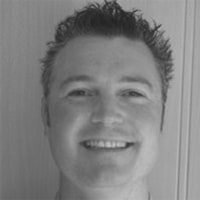
Everyone wants and needs a big simulation framework with exchangeable optical models, exchangeable sensor models and exchangeable ISP models.
My work aims at supplying the mathematical and numerical models for this infrastructure – but this is a huge effort that can only be tackled by many parties getting involved.
Same question… but in your personal life – a holiday, project or new hobby?
Work and family keep me nicely occupied 🙂 New stuff is really difficult to manage, currently I don’t even get around to do my favorite sport Karate once a week. But no complaints, I very much like everything I do!
A dream would be to play in a band, unfortunately that’s really time consuming… One thing that might be realisable is beating Patrick Denny at a last-man-standing juggling shoot-out 🙂
And finally, what would you tell people who didn’t attend AutoSens 2016?
What I did tell them: come to AutoSens 2017, you’d be stupid not to 🙂
Prof Dr Braun presented “From dust to data – managing image quality in driver assistance applications” – discussing, sources of image quality defects in camera-based ADAS, linking optical parameters to system function and designing a test fit for purpose.
You can watch his session for free, here:
https://www.youtube.com/watch?v=SMJ4JFcEL1Q
